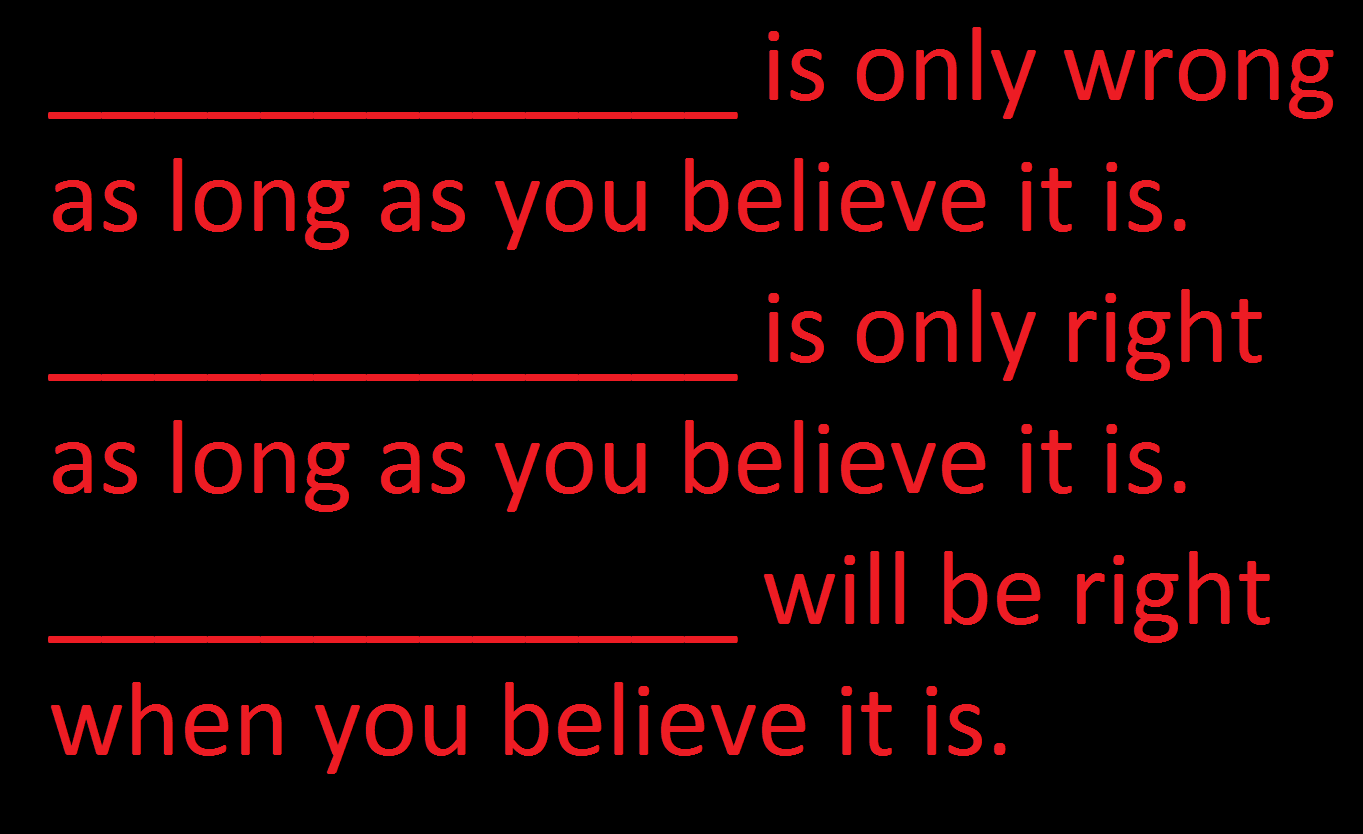I am a leftist and a homeschooling mom. My mother was a teacher and librarian for decades. I have also been a substitute teacher.
I firmly believe that all children should have access to a high quality education. Public schools are vital to that. Having that universal base knowledge is important to our cohesion as a society. But they are failing. Everyone seems to agree on that. But we disagree on why they are failing and what to do about it.
In my estimation, they are failing because professionals with years of education into how to teach are not permitted to do it. Teachers are being told what to do by administrators who have never been in a classroom. No matter how good administrators’ intentions are, they don’t have the knowledge base to be controlling the professional teachers. And then the politicians telling the administrators what to do are not catering to the kids and listening to the professionals, but rather to their base.
This is all aside from the clear problem of teacher pay. I totally agree that only people who are passionate about education and the well-being of children should be teaching. But if teachers cannot survive on their low wages, they cannot do it. If teachers are constantly being disrespected and told to do things completely opposite to what their education, instincts, and individual classrooms need, they will get burned out. If they are required to do extra work for admin that is unnecessary for the education of students, they will not have time to dedicate to the kids.
As a result of schools failings, many parents, myself included, have chosen to pull their kids out of public schools. Is that a solution? It allows parents the freedom to educate their children as they see fit. I support that freedom. But I support it not only for the parents and children privileged enough to be able to homeschool. The children left behind are still in those failing schools. And if voucher systems are used, those children left behind lose even more.
Homeschooling also has the consequence of enabling indoctrination. This is the downside of that freedom that I am taking advantage of in my own children’s education. If there was a standard curriculum or tests it would undermine that self-directed part that I find so vital. But without some accountability, some parents intentionally limit their children’s exposure to ideas.
I hate that when I tell people that I homeschool my kids, they assume that I’m a Christian Conservative. This is the public view of homeschoolers. They have been the driving force behind having the legal right to do so. I’m glad I have the right to homeschool, because I want the best for my kids. But for many conservatives, the fate of the students left in public school classrooms is of little concern. Or if it is a concern, it’s about limiting the knowledge those students receive. (Critical race theory, Sex Ed, evolution, etc.)
For students that are given all the advantages that homeschooling can provide, whether from self directed learning or high parental pressure, there are some amazing homeschool success stories that show it can be a very effective model of learning. But how do we scale that?
Pulling kids out of schools is not a permanent solution. We need to fix the public schools. We need to make sure that kids have the autonomy to be engaged and pursue what interests them, while providing a standard level of education that everyone in the country has, especially regarding government and history. We need to make sure that the experts have the flexibility to do their jobs to the best of their ability.
There have been many solutions presented to solve the education crisis in this country. But the things that have actually been enacted have only served to exacerbate the problem. (Testing, punishing low performing teachers and schools, increasing professional development, universal curriculum, etc) Things that have been shown to work in other countries have, for various reasons, never been tried here on any mass scale. (Later start ages, later start time, shorter school days, longer recess, higher teacher pay, student led projects, etc)
For this reason, I’m starting a “school” type thing. The goal of my school is to create a model of a better school, where kids direct their own education. They learn things when it interests them. They are given the tools to study a subject, evaluate sources, understand the scientific method and evaluate the study accordingly, understand the math given, and communicate the results of their research clearly.
To make sure that this is available to all kids, teachers are paid by the sale of things made and donated by the community. Students do not pay anything. And students are not segregated by age. Adults can learn with kids, and kids can teach others. By allowing students to learn at their own pace, we encourage personal exploration. By combining ages we address some of the differences in gifted and learning disabled students. By allowing adults to learn with children we encourage lifelong learning. By allowing children to teach we are showing that their ideas and insights are respected.
